The Washington firing squad is out for Defense Secretary Pete Hegseth. His department has seen the dramatic departure of three top aides who were placed on leave and escorted from the Pentagon, before ultimately being fired on Friday. Dan Caldwell, Colin Carroll and Darin Selnick have for their part maintained they were wrongly slandered by others in the building as leakers – and a fourth former spokesperson, John Ullyot, took the rare step of taking to the pages of Politico to publicly denounce the current Pentagon direction as a chaotic “Month from Hell.”
Further reporting over Easter weekend indicated that Hegseth’s chief of staff Joe Kasper would move to a different role within the agency following what insiders described to Politico as “personality clashes” within the senior team at the Pentagon between the fired aides and Kasper.
Those clashes are described as real to The Spectator, and not just motivated by personality. The tension in staffing issues for numerous roles has been in part driven by personal connections among those who may pass loyalty tests, but are inexperienced in running sprawling government offices. Hegseth is tasked with leading one of the biggest bureaucracies in the world, and the administrative burden of the Pentagon’s front office is enormous – not something easily learned on the fly. Competence is key, and while the Biden administration did themselves no favors in this regard, they also had a compliant press corps who would do things like look the other way when Secretary Lloyd Austin just disappeared for days on end.
There are also points of ideological contention. Hegseth is widely viewed as someone at the hinge point of the Reaganite and MAGA right, existing in between the two wings. But according to multiple informed observers, in the wake of the Signal leaks, Hegseth drew the ire of the current faction of Trumpworld whose perspective on subjects like Iran emerge from the orbit of the Koch-funded foreign policy institutions. They view him as another obstacle to a dealmaking approach favored by current special envoy Steve Witkoff, after Hegseth appeared on Fox News the day after talks began in Oman to voice a demand for full dismantling of the Iranian nuclear program, telling Maria Bartiromo: “Iran, come to the table, negotiate full dismantlement of your nuclear capabilities.”
Dark fears about the fallout of a failed deal with Iran are generally of two kinds. One, which is ludicrous, views Iran as far more powerful than it actually is and the US would “lose the war” if drawn into one – despite the fact that, when both Ronald Reagan and Donald Trump put Iran to the test with Operation Praying Mantis in 1988 and with the assassination of Qasem Soleimani in 2020, it showed how quickly their big talk turned small. The much more valid perspective, informed by the Iraq experience, is that striking the Iranian nuclear program could set off another domino effect in the region, with deadly ramifications for innocents. It hardly needs to be said which one of these perspectives tends to attract Qatari money these days.
The percentage of Hegseth’s staffing difficulties due to competence versus ideology depends on who you ask. But the idea that President Trump would break with someone he fought for so hard during confirmation so quickly seems unlikely. Rumors from unnamed sources that a replacement is being considered have been rejected by the White House as “fake news.” For his own part, the President has openly dismissed concerns about his SecDef, and he continued to do so when questioned today. But it’s clear that Hegseth is now facing attacks that are part of the internal conflict over defining the Trump foreign policy agenda in the second term, not just whether he’s surrounded himself with too many military bros more used to bashing down doors than running a vast bureaucracy.













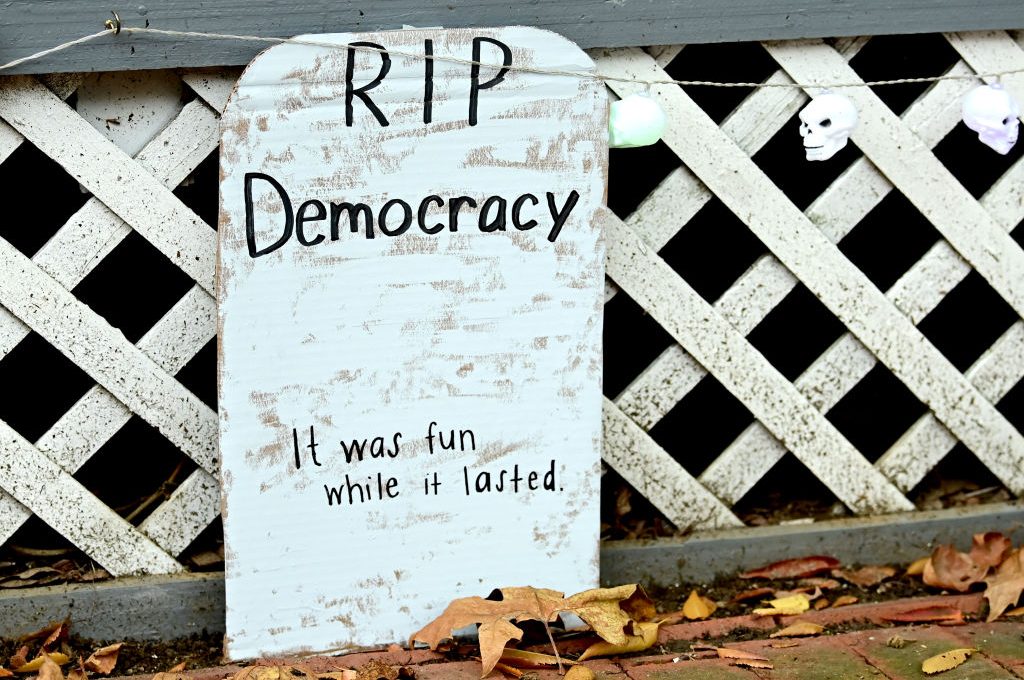
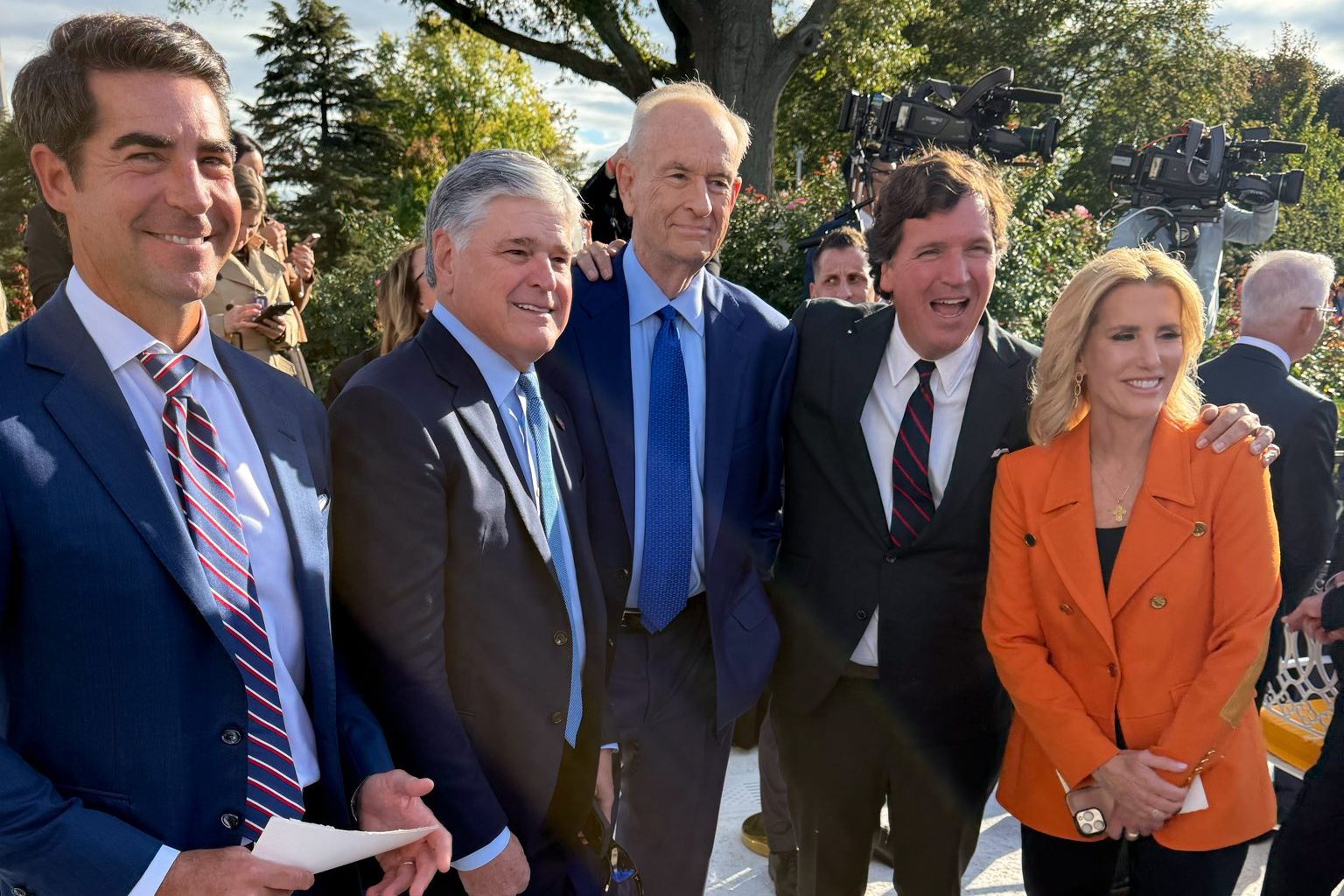
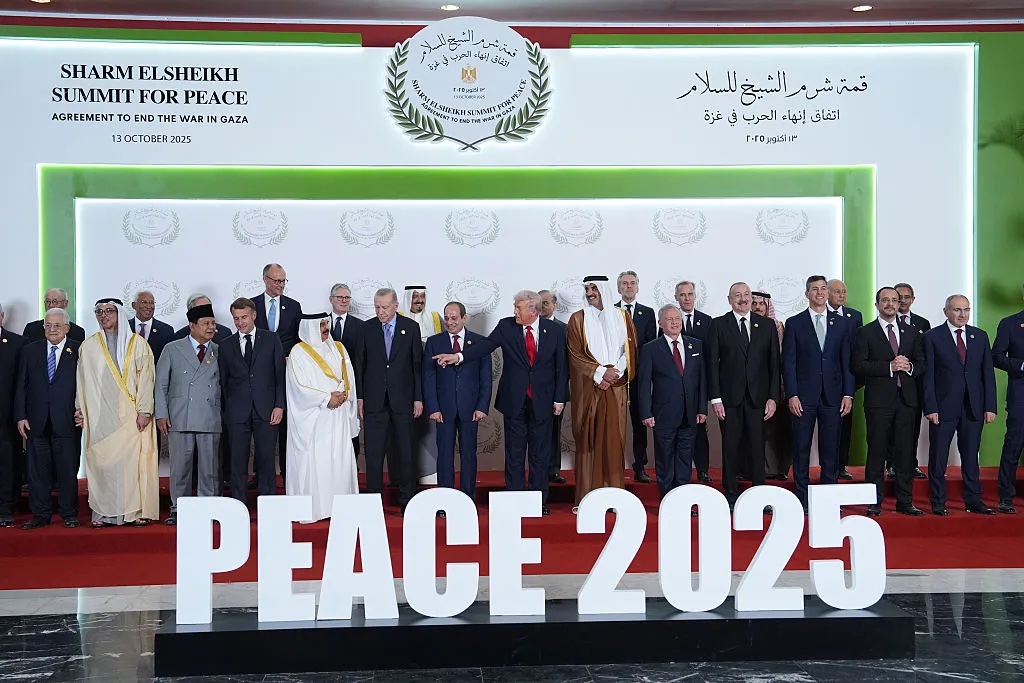
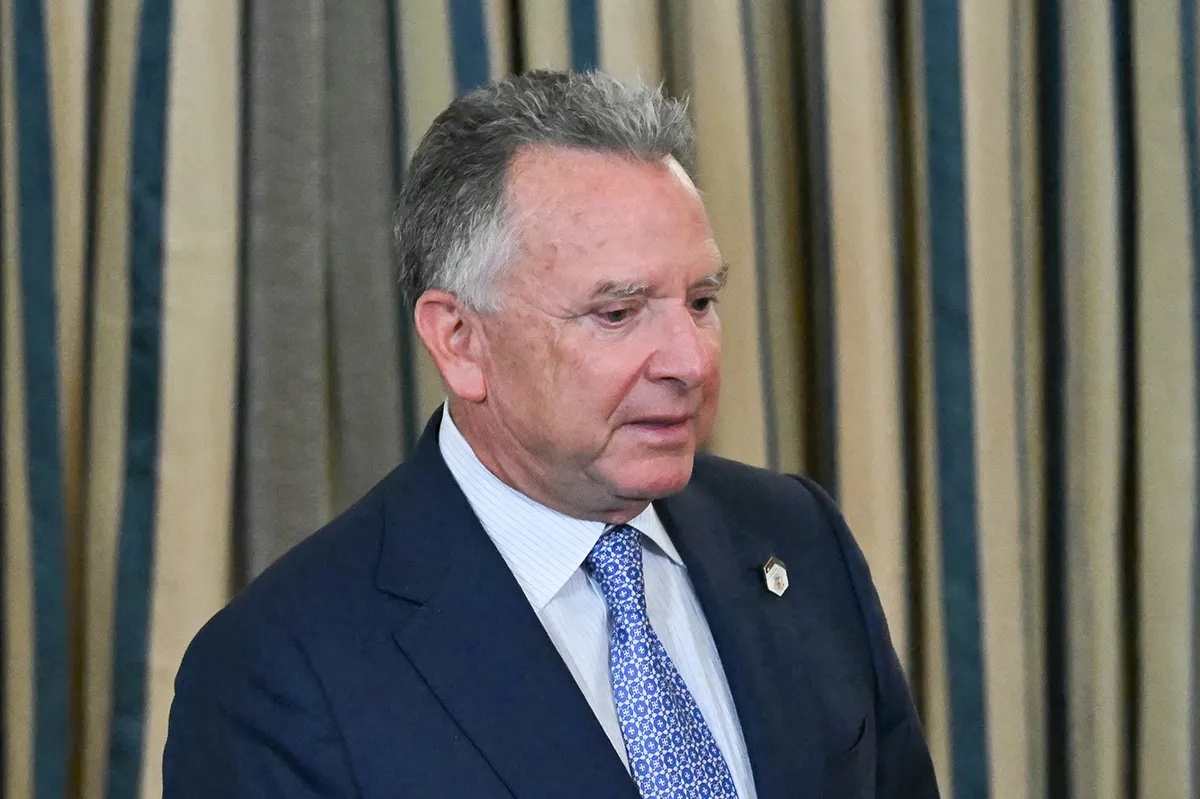
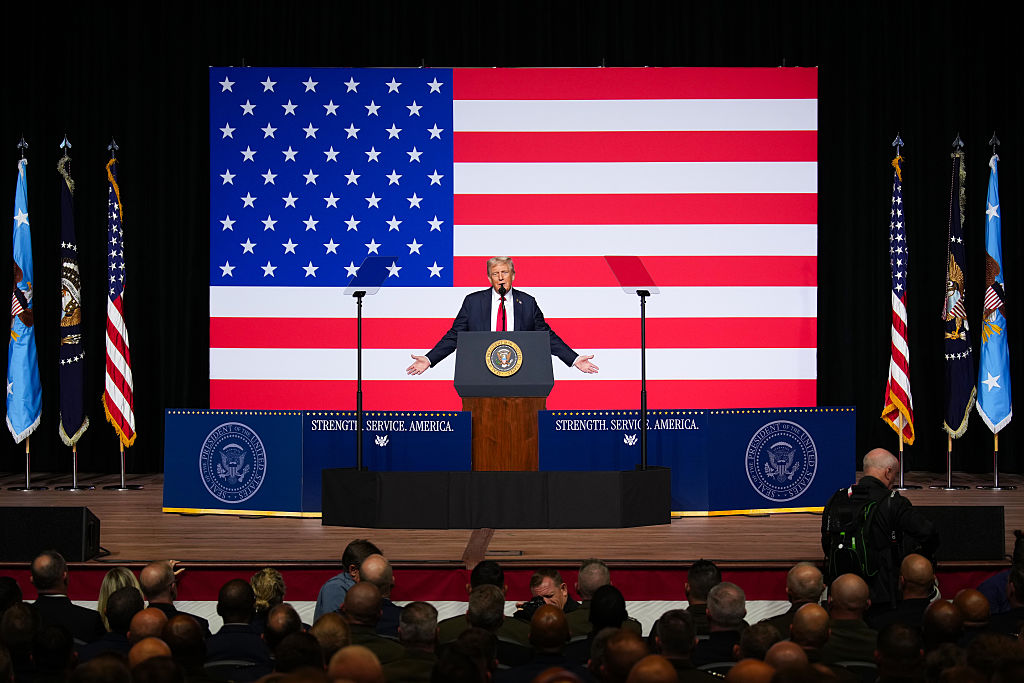








Leave a Reply